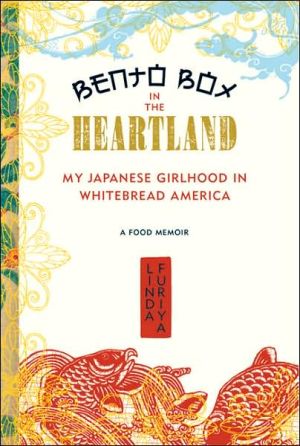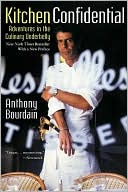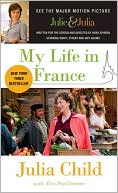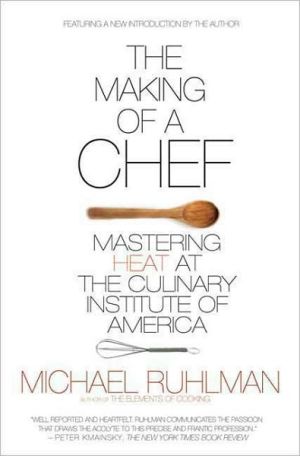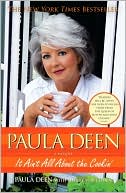Bento Box in the Heartland: My Japanese Girlhood in Whitebread America
While growing up in Versailles, an Indiana farm community, Linda Furiya tried to balance the outside world of Midwestern America with the Japanese traditions of her home life. As the only Asian family in a tiny township, Furiya's life revolved around Japanese food and the extraordinary lengths her parents went to in order to gather the ingredients needed to prepare it.\ As immigrants, her parents approached the challenges of living in America, and maintaining their Japanese diets, with...
Search in google:
While growing up in Versailles, an Indiana farm community, Linda Furiya tried to balance the outside world of Midwestern America with the Japanese traditions of her home life. As the only Asian family in a tiny township, Furiya's life revolved around Japanese food and the extraordinary lengths her parents went to in order to gather the ingredients needed to prepare it. As immigrants, her parents approached the challenges of living in America, and maintaining their Japanese diets, with optimism and gusto. Furiva, meanwhile, was acutely aware of how food set her apart from her peers: She spent her first day of school hiding in the girls' restroom, examining her rice balls and chopsticks, and longing for a Peanut Bullter and Jelly sandwich. Bento Box in the Heartland is an insightful and reflective coming-of-age tale. Beautifully written, each chapter is accompanied by a family recipe of mouth-watering Japanese comfort food. Publishers Weekly When Furiya started eating lunches in the elementary school cafeteria, she was profoundly embarrassed by the rice balls her mom packed instead of a sandwich like all the other kids ate. She was already feeling self-conscious about being the only Japanese family in her 1960s Indiana hometown, and her parents' insistence on continuing to eat their native cuisine they grew their own vegetables and drove for hours to visit big-city supermarkets that stocked Japanese imports was frustrating because it intensified the differences between her and her classmates. But the exotic dishes were also a source of delight, and Furiya ends each chapter with a recipe for one of her favorite meals. There is more to the story than food, though, and she describes the anger she feels when shopkeepers make fun of her father's accent, or the amazement when her mother takes her back to Japan, with the same vividness she applies to recreating the sensations of her first taste of wasabi. Though she continues to chafe against her parents' emotional reticence, partly inspired by their arranged marriage, Furiya also comes to appreciate the values they handed down to her, and it's this love that dominates her nicely told story. (Jan.)Copyright 2006 Reed Business Information.
\ Publishers WeeklyWhen Furiya started eating lunches in the elementary school cafeteria, she was profoundly embarrassed by the rice balls her mom packed instead of a sandwich like all the other kids ate. She was already feeling self-conscious about being the only Japanese family in her 1960s Indiana hometown, and her parents' insistence on continuing to eat their native cuisine—they grew their own vegetables and drove for hours to visit big-city supermarkets that stocked Japanese imports—was frustrating because it intensified the differences between her and her classmates. But the exotic dishes were also a source of delight, and Furiya ends each chapter with a recipe for one of her favorite meals. There is more to the story than food, though, and she describes the anger she feels when shopkeepers make fun of her father's accent, or the amazement when her mother takes her back to Japan, with the same vividness she applies to recreating the sensations of her first taste of wasabi. Though she continues to chafe against her parents' emotional reticence, partly inspired by their arranged marriage, Furiya also comes to appreciate the values they handed down to her, and it's this love that dominates her nicely told story. (Jan.)\ Copyright 2006 Reed Business Information.\ \
